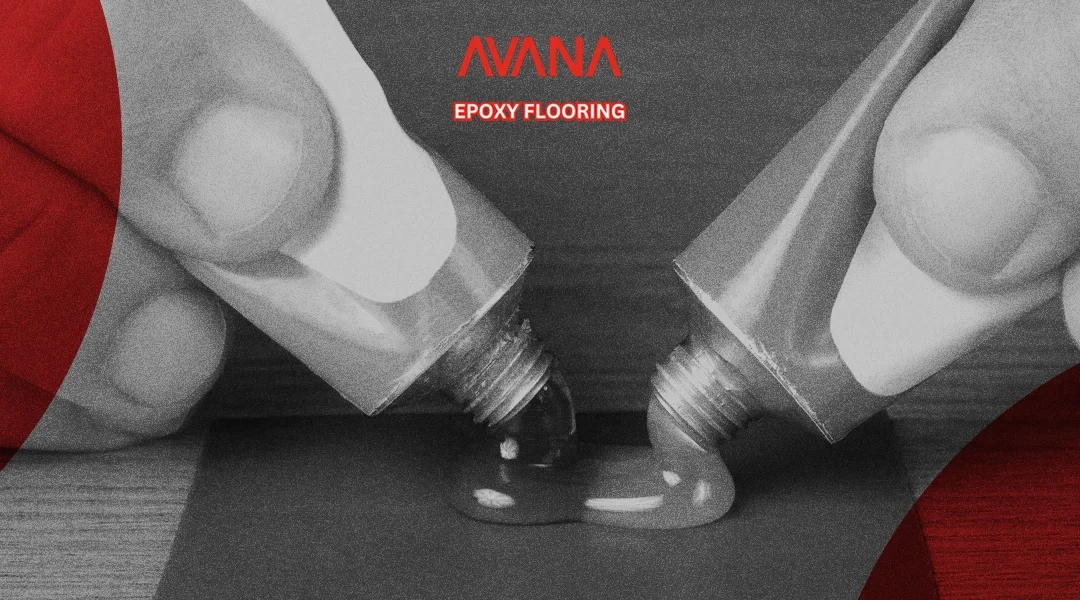Many people think that epoxy resin and epoxy paints are similar products. But they are not! Both resin and paint epoxy are transparent and sticky chemicals widely used in interior architecture, visual arts, and various industries, especially construction and Kitchen Epoxy Flooring Brisbane. Although resin and paint epoxy do not dissolve in water and their only solvents are alcohol and acetone. These two substances have many differences. Each of these differences causes different characteristics of these two substances. To learn more about resin and epoxy, we will examine “epoxy resin or epoxy paint-what’s the difference?” in the following article.
What is epoxy resin?
Epoxy resin, known as polyoxide, includes reactive prepolymers and polymers containing epoxide groups, constructed by a curing agent called “hardener”. This resin type can react with itself in the presence of catalysts or with other reactants such as phenols, amines, etc. Epoxy resin has many applications in various industries such as metal coverings, fiber-strengthened plastic substances, electrical pieces, and insulators due to its stunning characteristics. Epoxy resin’s high mechanical properties, chemical resistance, strong adhesion, high thermal and moisture resistance, excellent durability, and low shrinkage make it superior to other resin types.
It should be noted that although some epoxy resins have high adhesion, not all of them are waterproof. Therefore, some of them cannot be used for long-term use underwater.
What is the application of epoxy resin?
Epoxy resin is known for its high adhesion and durability and can hold almost anything in place and connect them. This feature has led to the use of this chemical in industrial and domestic uses. The most common applications of epoxy resin include the following:
- Making resin jewelry: One of the most popular uses of epoxy resin is making jewelry. From stylish earrings to enchanting necklaces, epoxy resin has taken the art world by storm.
- Metal surfaces: It is obvious that metal surfaces rust or erode when exposed to moisture or a certain temperature. One of the main uses of epoxy resin is to prevent the corrosion and rusting of metal surfaces.
- Wooden items: Another application of epoxy resin is in the construction and repair of various wooden works. The high adhesion of epoxy resin has made this chemical one of the best options for repairing, glueing and making wooden items.
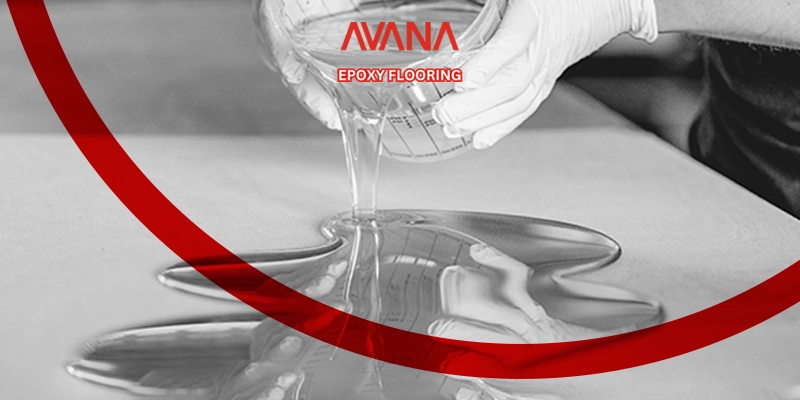
What is epoxy paint?
Typically, epoxy paint is produced by mixing different ratios of acrylic latex with epoxy. The presence of acrylic provides the possibility of versatile use of this colour in various cases, including the use of metals. Also, the presence of epoxy increases the durability and longevity of epoxy paint, which makes it popular for all floors. Therefore, the higher the amount of epoxy, the more durable the paint will be. Epoxy paint has many advantages and features, the most important of which include high usability, resistance to common stains, durability, moisture and water resistance, strong adhesion, chemical resistance, aesthetic usage and simple maintenance.
It should be noted that epoxy paint was initially used only in industrial cases. Still, it was also used in houses, garages, swimming pools, saunas, etc. due to its unique application and benefits.
What is the application of epoxy paint?
Epoxy paint is considered one of the most durable and long-lasting paints on the market. The high resistance and durability of epoxy paints have led to their widespread use for painting steel (frames of buildings, pipelines, marine facilities, metal tanks, etc.), concrete surfaces, and industrial applications. One of the common uses of this paint is for kitchen epoxy flooring. If you want your kitchen floor to be impressively beautiful and shiny; This colour is the best choice. Some other uses of epoxy paint include:
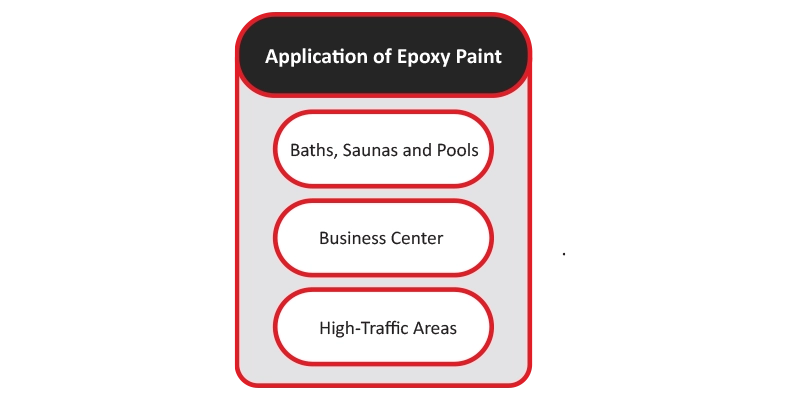
Baths, saunas and pools
The very high resistance of epoxy paint against moisture, heat and steam has made this paint the best option for painting wet places such as bathrooms, saunas and swimming pools. Using this type of paint for places with humidity and heat prevents cracking and flaking and the need for repainting.
High-traffic areas
The durability and high resistance of epoxy paint against erosion and high pressure have led to the widespread use of this paint for high-traffic areas, including the garage floor. Such environments are subject to more damage due to heavy traffic and carrying heavy equipment. Therefore, to minimize the damage, it is recommended to use epoxy paints.
Business center
Another application of epoxy paint is for commercial and high-traffic centers. As mentioned; These types of paints are very resistant to the pressure of heavy objects, erosion, and environmental damage. In addition, the proxy colors are nice and bright. Therefore, they can be used to paint the walls and surfaces of commercial centers.
Now that we are familiar with the definition and different uses of epoxy paint and resin; We have to discuss epoxy resin or epoxy paint – what’s the difference?
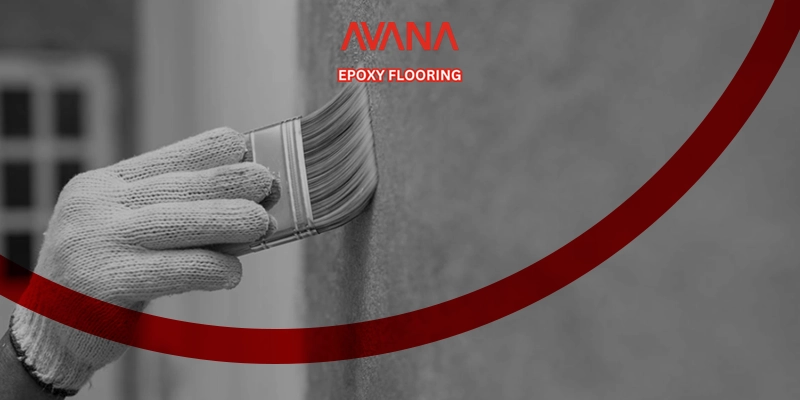
epoxy resin or epoxy paint-what’s the difference?
Both epoxy resin and epoxy paint are widely used chemicals in various industries. However, they also have differences. The main differences between epoxy resin and epoxy paint are:
Structure
One of the main differences between epoxy resin and epoxy paint is their structure. This means that epoxy paint is a one-component and ready-to-use material that dries when exposed to air. Meanwhile, epoxy resin is a two-component material based on a resin base and hardener. Epoxy resin does not dry by exposure to air alone and must be combined with a hardener.
Application
Another difference between these two chemicals is their use. Epoxy paint is used as a coating on all kinds of construction materials such as stone, brick, wood, etc., and it protects and shines the surface of these materials. But epoxy resin is used in making various products such as ornaments, wooden tables, decorative decorations, etc.
Resistance
Compared to epoxy resin, epoxy paint has high resistance to heat, temperature and humidity. Epoxy paint can withstand temperatures of up to 500 °C and will not be damaged by direct sunlight and permanent humidity. It is in front of the epoxy resin, which can only tolerate a maximum of 80 °C momentarily after drying. Also, epoxy resin has little resistance to constant sunlight and heat.
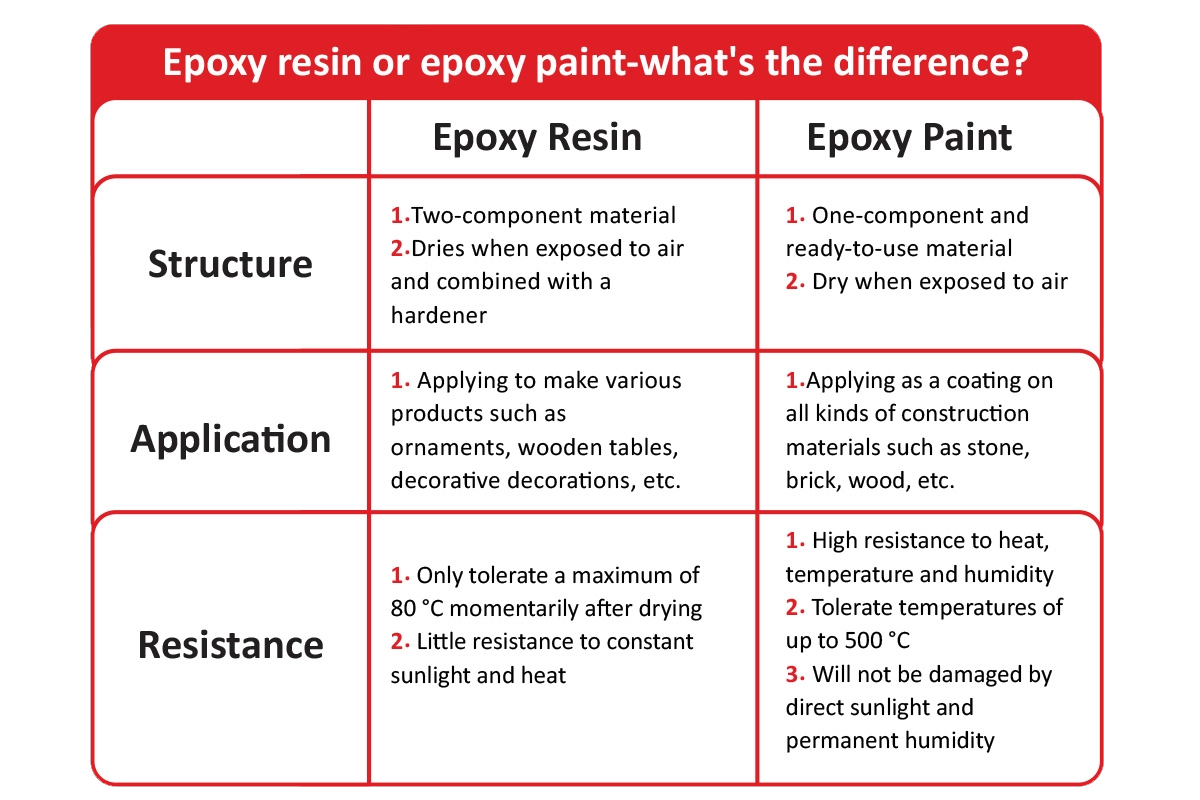
Both epoxy resin and epoxy paint are chemical materials with excellent adhesion and high resistance to moisture and heat. Therefore, these two chemical substances are widely used in industrial and domestic uses. However, epoxy resin should not be confused with epoxy paint. Because each of these materials has different uses and characteristics. The choice of epoxy resin or paint should be made according to the application and environmental conditions in order to achieve the best results. You can consult with a Epoxy Flooring Contractor to choose best item.
FAQ
What's the difference between resin and paint?
Epoxy resin and epoxy paints are different in their structure, resistance in Resistance to different atmospheric and chemical conditions and type of application.
What surfaces can epoxy resin be used on?
Epoxy resin is a very sticky and resistant material that can be used on various surfaces such as wood, metal, stone and plastic.
What surfaces can epoxy paint be used on?
Epoxy paint is a strong and hard paint that can be used on any kind of surface, from walls and ceilings to floors and stairs.
Are epoxy resin and epoxy paint waterproof?
The presence of epoxy increases the resistance and durability of paint and resin against water. So, it prevents rotting or corrosion.
Epoxy paint or epoxy resin has more temperature resistance?
Both of these chemicals are very resistant to heat and high temperatures.

